
The next edition of The Oxford English Dictionary probably won’t appear in print, according to the Oxford University Press (OUP), the dictionary’s owner. Instead, it is likely that the third edition will be accessible only electronically.
OED3 won’t be ready for at least another decade, and the decision is not yet final. But when asked if it would appear in print, OUP Chief Executive Nigel Portwood said, ‘I don’t think so […] The print dictionary market is just disappearing.’
No surprise that this is down to the increasingly ubiquitous presence of the internet and the latest alternative ways to read and access information. The second edition of the reference guide – considered the world’s most definitive work on the language – was published in 20 volumes in 1989. It’s also been available online (by subscription) for over ten years, where it receives two million hits a month.
It seems inevitable that new technology like the iPad will revolutionise our reading habits, but how happy are we all about it? Are those of us sentimental about the feel of paper between our fingers just holding on to a fast-receding past?
Simon Winchester, author of The Meaning of Everything: The Story of the Oxford English Dictionary, has come – reluctantly – round to that way of thinking. ‘Until six months ago I was clinging to the idea that printed books would likely last forever’ he said. ‘Since the arrival of the iPad I am now wholly convinced otherwise. And even bibliophiles like him are naturally evolving past pages. ‘I have two complete OEDs, but never consult them – I use the online OED five or six times daily.’
So it looks like the end of the printed word could indeed be nigh. Is it time, then, for techno-sceptics to stop wringing their hands over the demise of books in order to embrace this paperless future?
Subscribe
Expert advice to your inbox

